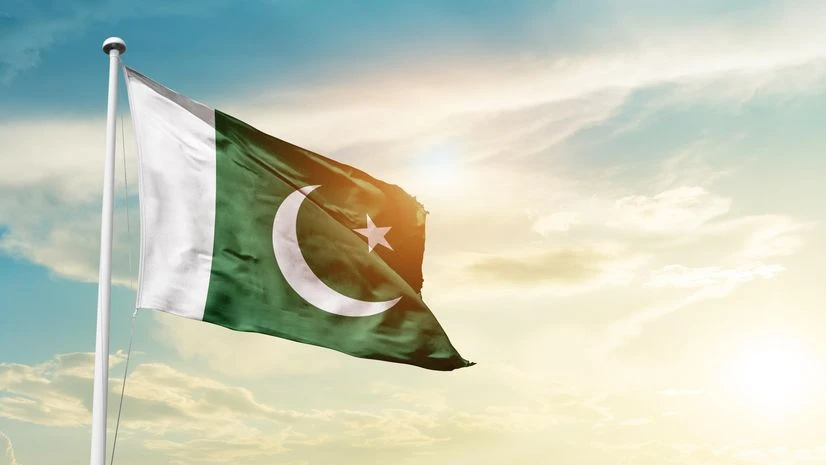The Pakistani Taliban on Monday denied involvement in a bombing attack on a police convoy that was escorting foreign ambassadors in the country's restive northwest, as authorities said they were still trying to determine who was behind the attack, which killed a police officer.
The ambassadors and senior envoys were traveling on Sunday to the Swat Valley, a former stronghold of the Pakistani Taliban, when the attack occurred in Malam Jabba, one of Pakistan's two ski resorts in Khyber Pakhtunkhwa province bordering Afghanistan.
No one claimed responsibility for the attack, but Mohammad Khurasani, a spokesman for the Pakistani Taliban, known as Tehreek-e-Taliban Pakistan, denied detonating the improvised explosive device that hit a police vehicle accompanying the convoy.
One police officer was killed and four others were wounded in the attack, which drew strong condemnation from Pakistan's President Asif Ali Zardari, Prime Minister Shehbaz Sharif and other officials.
The envoys were all unharmed, but the attack suggested there was a security breach, analysts said.
For sure it was a security breach because the convoy's route was only known to police, and the bomb disposal unit had reportedly cleared the route, said Abdullah Khan, a defense analyst and managing director of the Islamabad-based Pakistan Institute for Conflict and Security Studies.
More From This Section
Some insider (appears to have) leaked the information about the travel plans of the foreign ambassadors to the militants," he added.
Khan said the attack signaled a shift in the approach of insurgents, who previously targeted security forces.
Pakistani defence analyst Syed Muhammad Ali said there was a need for better coordination between federal authorities and police about such high-profile visits to the northwest, which has witnessed a surge in violence.
Those traveling in the convoy were ambassadors and officials from Indonesia, Portugal, Kazakhstan, Bosnia and Herzegovina, Zimbabwe, Rwanda, Turkmenistan, Vietnam, Iran, Russia and Tajikistan. All of them later returned to the capital, Islamabad, according to Pakistan's Ministry of Foreign Affairs.
In a statement, TTP said it had nothing to do with the attack. TTP is a separate group but also a close ally of the Afghan Taliban, who seized power in neighboring Afghanistan in August 2021 as U.S. and NATO troops were in the final stages of their pullout from the country after 20 years of war.
Many TTP leaders and fighters have found sanctuary and have even been living openly in Afghanistan since the Taliban takeover, which also emboldened the Pakistani Taliban. The situation has strained relations between Pakistan and Afghanistan's Taliban government, which says it does not allow anyone to use its soil for attacks against any country.
Authorities are still investigating to determine whether there was a security breach, since details about the convoy's travel plans had been circulated only to officials. Authorities said they were also collecting information to determine who planted the IED device along the route.
(Only the headline and picture of this report may have been reworked by the Business Standard staff; the rest of the content is auto-generated from a syndicated feed.)

)